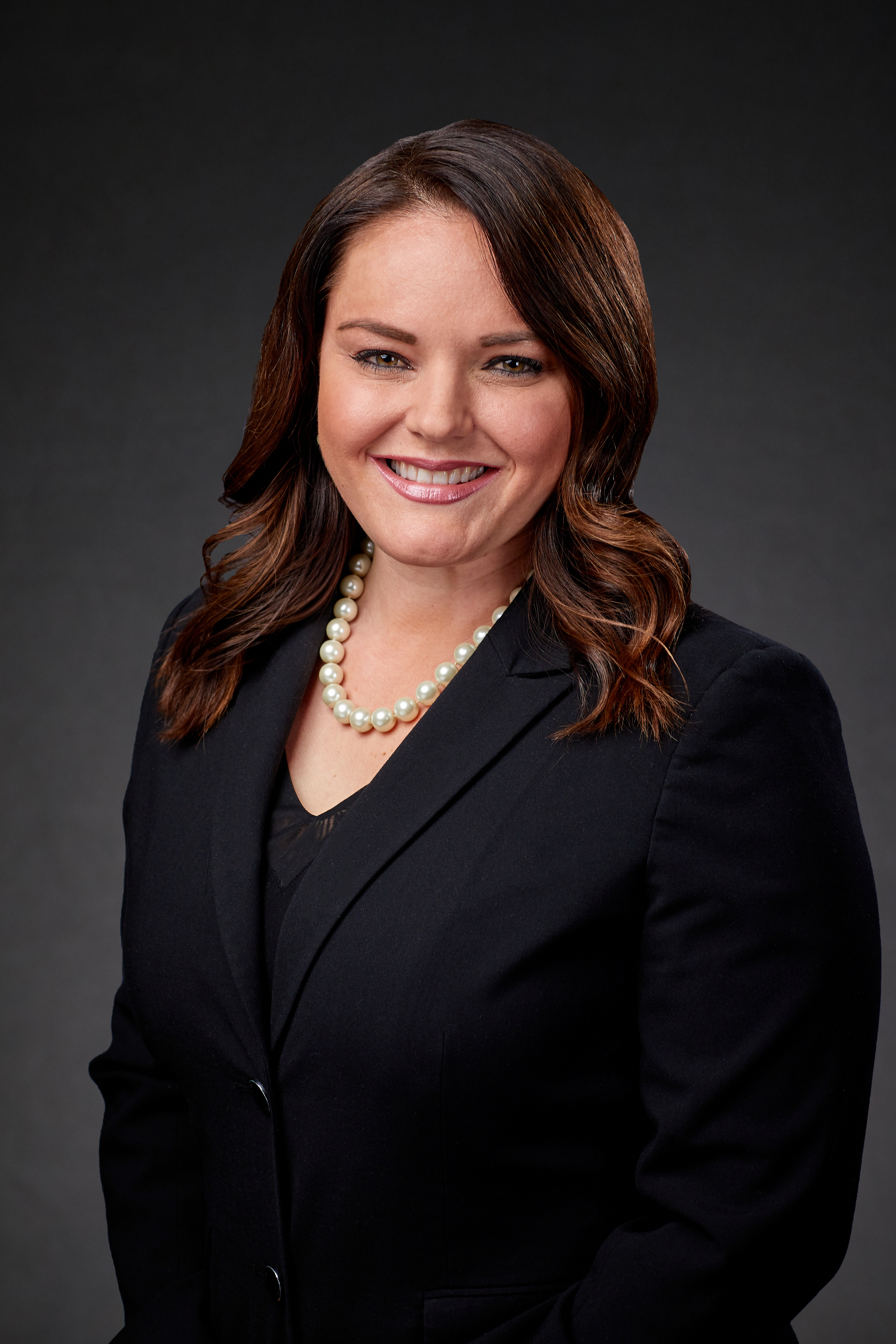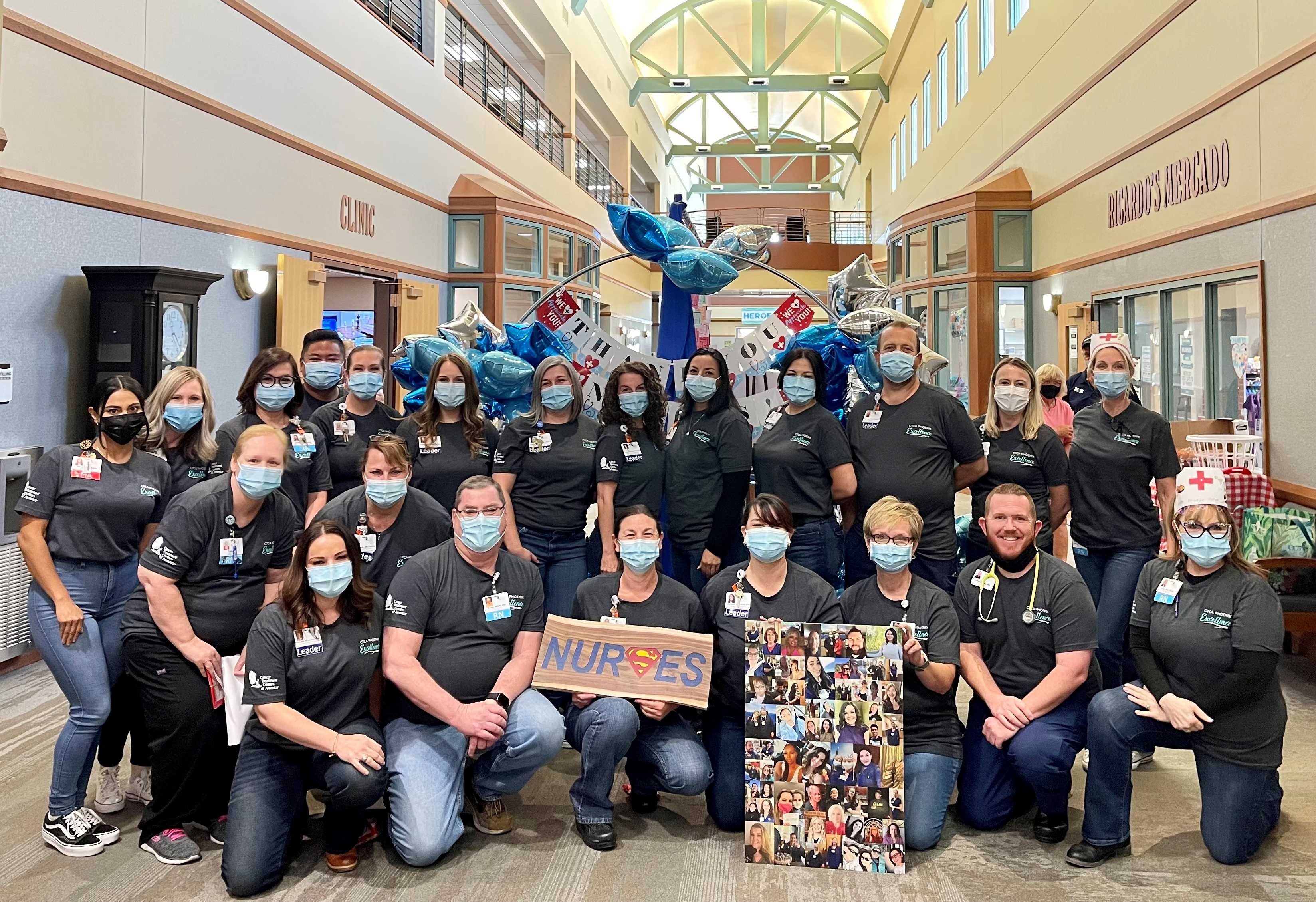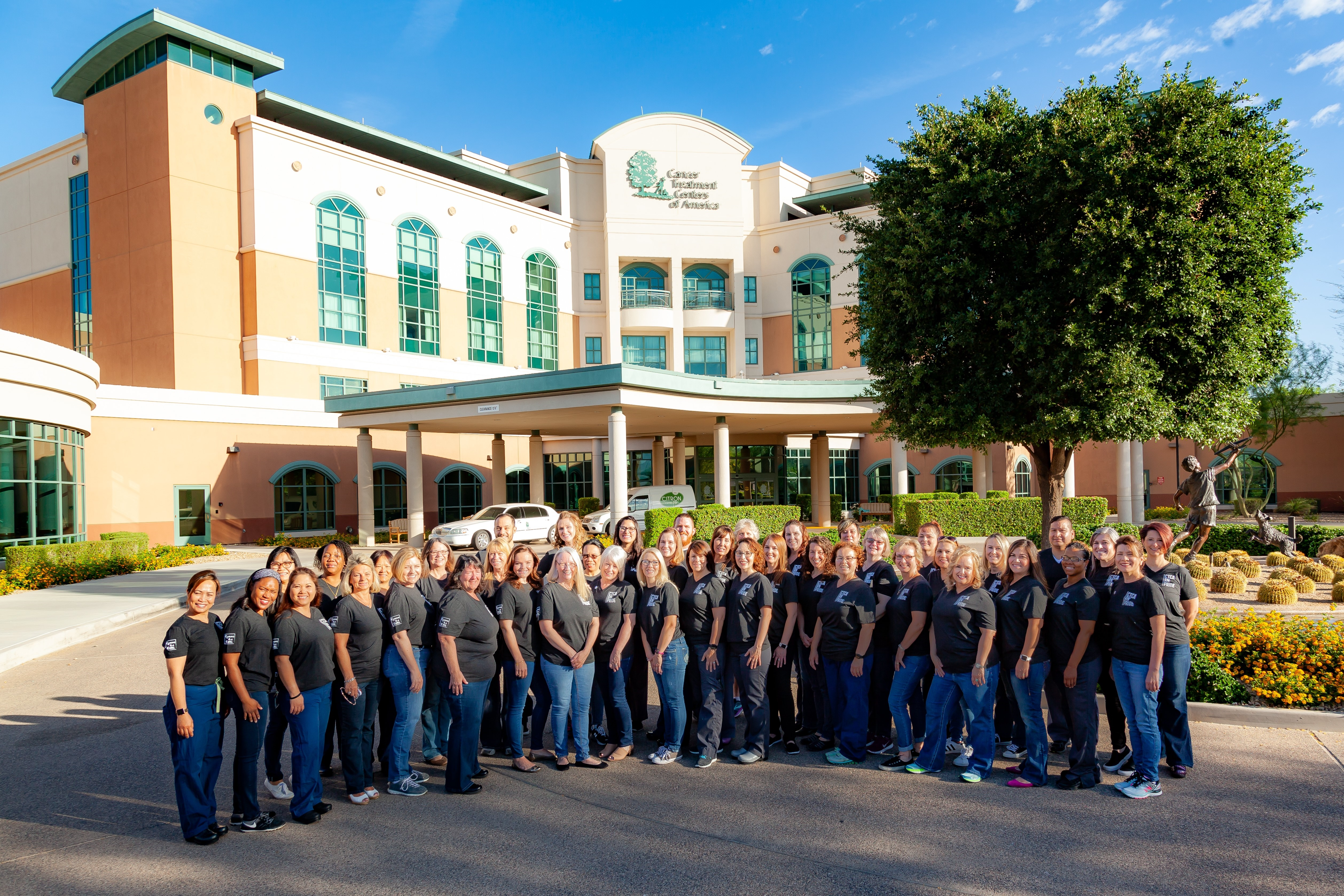Uncracking the Code on Oncology Nurse Satisfaction During a Magnet® Journey
Two healthcare professionals with Cancer Treatment Centers of America® (CTCA) Phoenix, a comprehensive care and research center recently recognized with Magnet® distinction, discuss the importance of transparency in nursing satisfaction and engagement.
Transparency is at the root of nurse satisfaction at any oncology institution, according to Sarah Cossette, vice president of Patient Care Services and chief nursing officer at Cancer Treatment Centers of America (CTCA) Phoenix. One measure of transparency is ensuring that all staff members are engaged in patient safety, she added.
Sarah Cossette, vice president of Patient Care Services and chief nursing officer at Cancer Treatment Centers of America (CTCA) Phoenix

“At CTCA Phoenix, we spent years building a platform of solid patient safety practices; we engaged and solicited the ideas or perspectives of staff members at every single level,” said Cossette, in an interview with Oncology Nursing News®. “We wanted all employees to know their voices mattered and that everyone could directly impact positive change.”
“Everyone has the potential to see things every day, so we want to make sure that they feel empowered to speak up [about] patient safety. Having that platform and talking about [this topic] every day has really allowed us to ensure not only patient safety, but patient satisfaction in our practice.”
CTCA Phoenix recently achieved Magnet recognition by the American Nurses Credentialing Center (ANCC). This recognition represents a gold standard in nursing practice; only organizations associated with high-quality care and safety, innovation in clinical practice, growth in professional development and overall nursing excellence, receive such recognition. As of 2022, only about 8% to 10% of hospitals nationwide have received this honor.
Transparency, Cossette reiterated, has played a vital role in achieving this distinction. “The more transparent you are, the more opportunities you will identify to fix problems so that you can be better each and every day,” she said. “This is how your staff will [become] empowered and [will] want to be on that journey with you to always be doing better and better. We saw that happen here.”
One strategy that her team has implemented includes daily huddles to discuss patient safety, patient satisfaction, and any other issues that could potentially arise. By opening the floor daily to highlight problems, her team found that they were able to mitigate them and brainstorm solutions more efficiently. Another successful strategy was a monthly survey designed to pinpoint areas of success and areas of growth.
Jackie Figueras, CTCA director of Professional Practice, Education, and the Magnet Program Director for CTCA Phoenix, echoed Cossette’s statement, agreeing that “transparency was absolutely the key—all across the board. [We ensured] that the stakeholders knew how they contributed to those specific survey questions or specific process improvements,” she said.
Jackie Figueras, CTCA director of Professional Practice, Education, and the Magnet Program Director for CTCA Phoenix

The other key, according to Figueras, is staff-wide collaboration. “[We needed to make sure] that every single stakeholder at every level understood that they have a role to play, you don't have to be a nurse, you don't have to be a doctor; environmental services (EVS) staff [and other employees] are just as important [in order] to deliver high-quality, safe patient care,” she emphasized. “It is important for everyone to understand that and buy into that—because it is true.”
In addition, programs that receive Magnet recognition are known to successfully foster strong relationships between nursing professionals and supervisors.
In order for a culture of mutual respect and teamwork to thrive, the people at the top need to be completely invested, she explained.
“I love my job because I have the greatest staff that I get to work with at every single level,” said Cossette, adding that building strong relationships is the key to success.
“We actually go to the frontline employees and ask, ‘What do you want to hear from your supervisor? What makes you feel acknowledged and valued?’ said Cossette.
Her team doesn’t stop there.
Cossette noted the staff feels comfortable to go to their employees and ask, “What makes you happy? What makes you scared, sad, or mad? What do you love about working here at CTCA? What is the most important thing for you as an employee?”
Breaking down those barriers and understanding how employees operate is crucial, she said. “Leaders are able to see what their employees need and provide that. Instead of ‘throwing spaghetti at the wall,’ our efforts are targeted and meaningful.”
CTCA Phoenix team

CTCA Phoenix also shows their nurses that they care about them as individuals by assisting in their professional development, added Figueras. One way to accomplish this is by investing in their education.
“In my role as the Director of Education, I serve as the education lead for CTCA at an enterprise-wide level” she said. “As far as continued investment [in education], it impacts the entire organization. The focus is clinical collaboration and clinical excellence.”
“It becomes a really supportive environment [in terms] of getting certifications and earning higher degrees. [We are] removing that intimidation and providing resources,” she said. “We have discounts for universities, local programs, and advisors at the local universities who can offer guidance to employees who are interested going back to earn degrees, [we also] have certification options where our employees do not have to pay out of pocket.”
The team also makes a point of celebrating their employee’s decision to pursue higher education. “I keep a running percentage so that the team knows where we stand,” said Figueras. When her team first started the program, about 40% of the employees had a bachelor degree in nursing (BSN) degree. Soon however, they surpassed 50% and now over 80% of the team has earned this degree.
“People get excited about that, and are realizing, ‘Oh, my gosh, we're close to our goal.’ They get really motivated by that too,” she said. “Again, it is that consistent transparency.”
Cosette added that this became much more than a nursing-led initiative.
“The CEO has to have the same conversations and be aware of the certification opportunities, not just for nurses, but for other clinical staff. The CFO must fully support the program and be engaged in providing these resources; there needs to be alignment at an executive level in order to make sure that it is a sustainable process for years to come.”
CTCA Phoenix Team

It is this constant investment, engagement, and transparency that has made this organization so successful, and both Cosette and Figueras expect that these efforts will yield success in years to come. Both concluded that empowered nurses are satisfied nurses.
“We are incredibly proud of our entire team at CTCA Phoenix for achieving Magnet, but it is not so much about the designation,” said Cossette. “It is the inculturation of an environment which engages and retains staff and ensures everyone feels included and valued. That is the real sign of success.”



